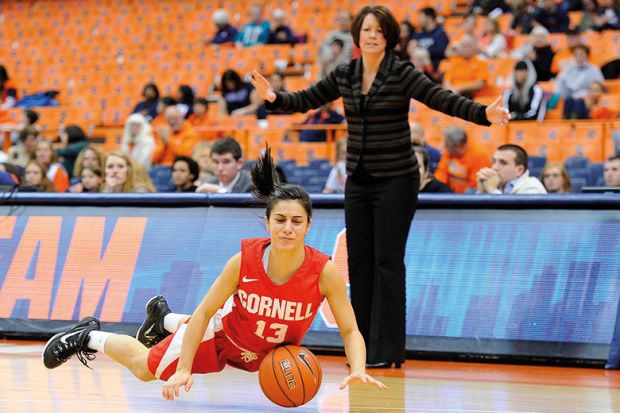A major study has concluded that teaching standards are lower in the US’ most prestigious universities than in its less celebrated higher education providers.
For the paper, published in Higher Education, 60 higher education experts were sent to observe 587 courses at nine US institutions, ranging from some of the most prestigious in the country to broad-access rural colleges.
Despite leading universities’ eminent faculty and sizeable budgets, the assessments found that teaching quality was actually stronger at the less prestigious institutions.
“The results contradict the common assumption that higher prestige institutions in the US have better in-class educational experiences,” said Corbin Campbell, associate professor of higher education at Columbia University and one of the co-authors of the paper.
The in-class evaluators assessed teaching in three ways: on subject matter learning, which is how lecturers are able to pass on core ideas in their subject; prior knowledge, which assesses how tutors are able to support students who come to the course with different types of knowledge; and supporting changing views, which assesses how staff work when students have a conflicting understanding of a subject.
Dr Campbell said that, in the first area, there was no difference between prestigious and less prestigious universities, which was surprising given the research expertise of their staff. For the second two, the authors found that the less prestigious institutions scored higher.
“However, we did find a higher level of cognitive complexity in higher prestige institutions than [in] the courses in the broader institutions,” she added.
These are important findings, Dr Campbell said, because studies of the public show that teaching quality is considered the most important factor in what makes the “best” university, over employment rates and research prowess.
“Interestingly, when I talk about my findings, members of the ‘public’ are surprised, but when I tell faculty who teach in prestigious institutions they are not at all surprised,” Dr Campbell added.
Teaching isn’t valued in prestige measures in the US, where the reward structures focus on research and pull away from teaching, Dr Campbell said. For this study, prestige was determined by an institution’s position in the rankings produced by US News and World Report.
“We need to do better to value teaching in the US,” Dr Campbell said. “If prestige doesn't measure good teaching, then how can we better direct the public to think about teaching in their selection process?”
Paul Ashwin, professor of higher education at Lancaster University, said the article’s findings about “the way in which prestige distorts our understanding of the quality of higher education are correct”.
“We need to find ways of providing information about the quality of degrees without them being distorted in this way,” he said.
In the UK, the introduction of the teaching excellence framework has been an attempt to place higher value on teaching. Not all the research-intensive Russell Group institutions are currently rated “gold”, and many post-92 institutions are.
However, for Professor Ashwin, “each subsequent version of the TEF has moved back to focusing on institutional prestige rather than the quality of education because of the increasing focus on employment outcomes”.
Register to continue
Why register?
- Registration is free and only takes a moment
- Once registered, you can read 3 articles a month
- Sign up for our newsletter
Subscribe
Or subscribe for unlimited access to:
- Unlimited access to news, views, insights & reviews
- Digital editions
- Digital access to THE’s university and college rankings analysis
Already registered or a current subscriber?








